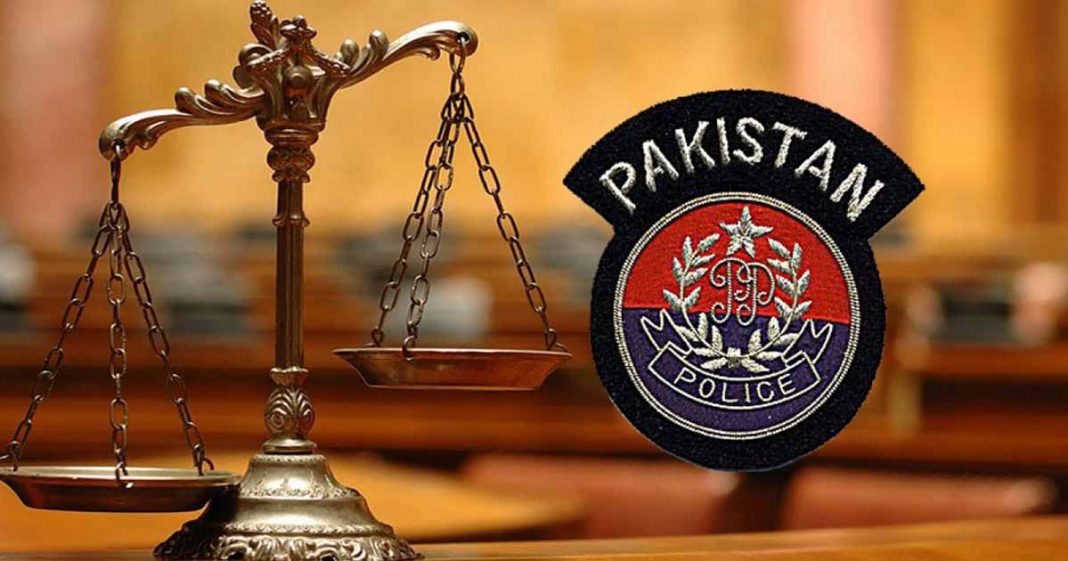movingstarvoices.org – Pakistan’s legal and judicial system is a complex structure that has evolved over centuries. It combines elements of Islamic law with the British common law system, reflecting the nation’s history and socio-political environment. This article provides an overview of the key components and functions of this system.
Historical Background
The roots of Pakistan’s legal system date back to the medieval period, influenced by the Islamic legal traditions and later by the British colonial rule. The British established a common law system in the Indian subcontinent, which Pakistan inherited upon its independence in 1947.
Structure of the Legal System
Pakistan’s legal system is primarily based on the Constitution of Pakistan, which provides the framework for governance and law. The system is divided into civil and criminal law, with further subdivisions based on specific legal areas such as family law and commercial law.
The Judiciary
The judiciary in Pakistan is an independent branch of government responsible for interpreting the law. It consists of a hierarchy of courts, including the Supreme Court, High Courts, and subordinate courts. The Supreme Court is the apex court, with final appellate jurisdiction.
Role of Islamic Law
Islamic law, or Sharia, plays a significant role in Pakistan’s legal system. The Constitution declares Islam as the state religion and mandates that laws should be consistent with Islamic principles. The Federal Shariat Court reviews laws to ensure their compliance with Islamic injunctions.
Challenges and Reforms
The Pakistani legal system faces numerous challenges, including delays in the judicial process, corruption, and lack of access to justice for all citizens. Various reforms have been proposed and implemented to address these issues, focusing on improving efficiency and transparency.
Conclusion
Pakistan’s legal and judicial system is a unique blend of traditional and modern elements, reflecting the country’s diverse cultural and historical influences. While it has made significant progress since independence, ongoing reforms are essential to ensure fairness, efficiency, and accessibility in the administration of justice.
